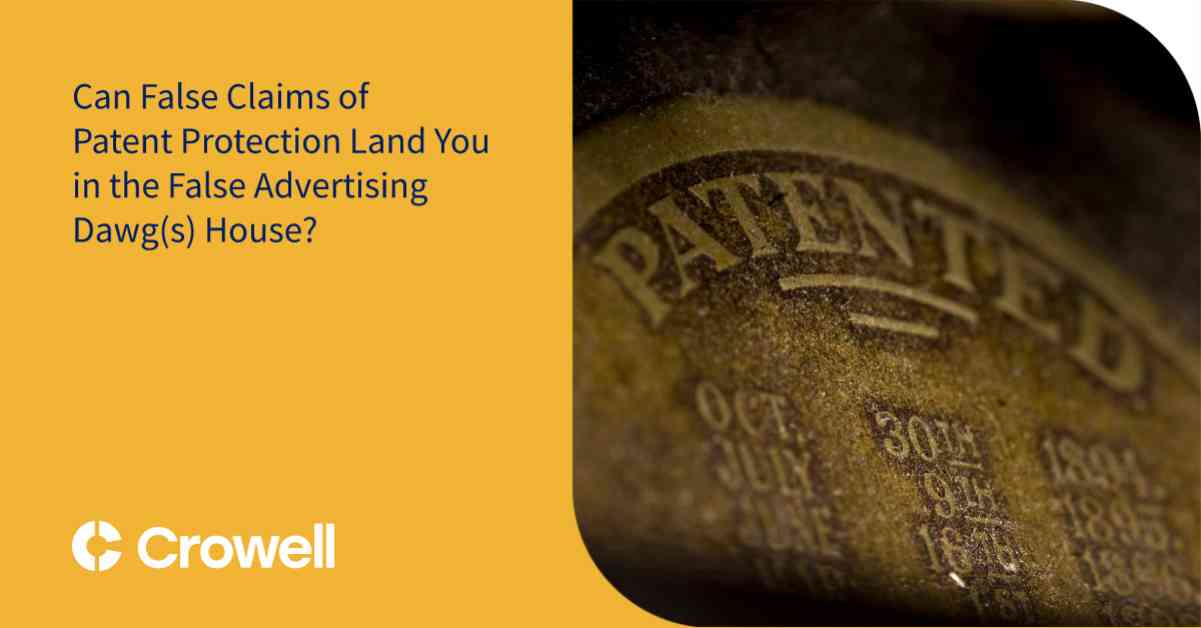The recent ruling by the Federal Circuit serves as a warning to companies about making false patent protection claims in their advertising. In the case of Dawgs Inc. accusing Crocs of misleading consumers with terms like “patented,” ‘proprietary,” and “exclusive,” it was found that such claims can be considered false advertising. This decision highlights the importance of ensuring that any statements regarding patent protection are accurate and truthful.
The case originated from Crocs suing competitors for patent infringement, only to face a counterclaim alleging false advertising. Dawgs claimed that Crocs misrepresented the characteristics of its footwear material, Croslite, by falsely claiming it was patented. This led consumers to believe that Crocs’ products were superior to competitors’ products, causing harm to Dawgs’ business.
The District Court initially ruled that Crocs’ false claims about patent protection were not actionable under the Lanham Act. However, the Federal Circuit disagreed, emphasizing that false claims about the nature and qualities of a product, such as being “exclusive” or “patented,” can mislead consumers and harm competitors. This decision underscores the importance of truth in advertising and the potential legal consequences of false patent protection claims.
Moving forward, companies should be cautious about making claims regarding patent protection in their marketing materials. It is essential to verify that any patented features are accurately represented and that any claims of exclusivity or superiority are truthful. Additionally, staying informed about competitors’ advertising and marketing strategies can help companies avoid legal disputes and maintain a competitive edge in the marketplace.
In conclusion, the case of Crocs v. Dawgs serves as a reminder of the legal risks associated with false advertising, particularly when it comes to patent protection claims. Companies must ensure that their marketing materials are accurate and truthful to avoid potential legal consequences and maintain consumer trust. By staying informed and conducting regular audits of marketing materials, companies can mitigate the risk of false advertising claims and protect their brand reputation.

